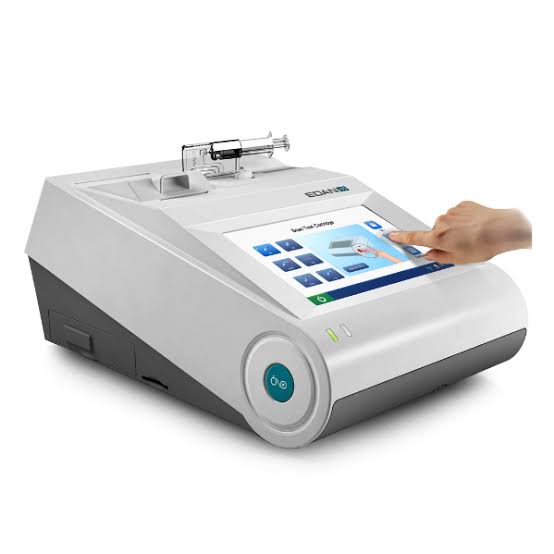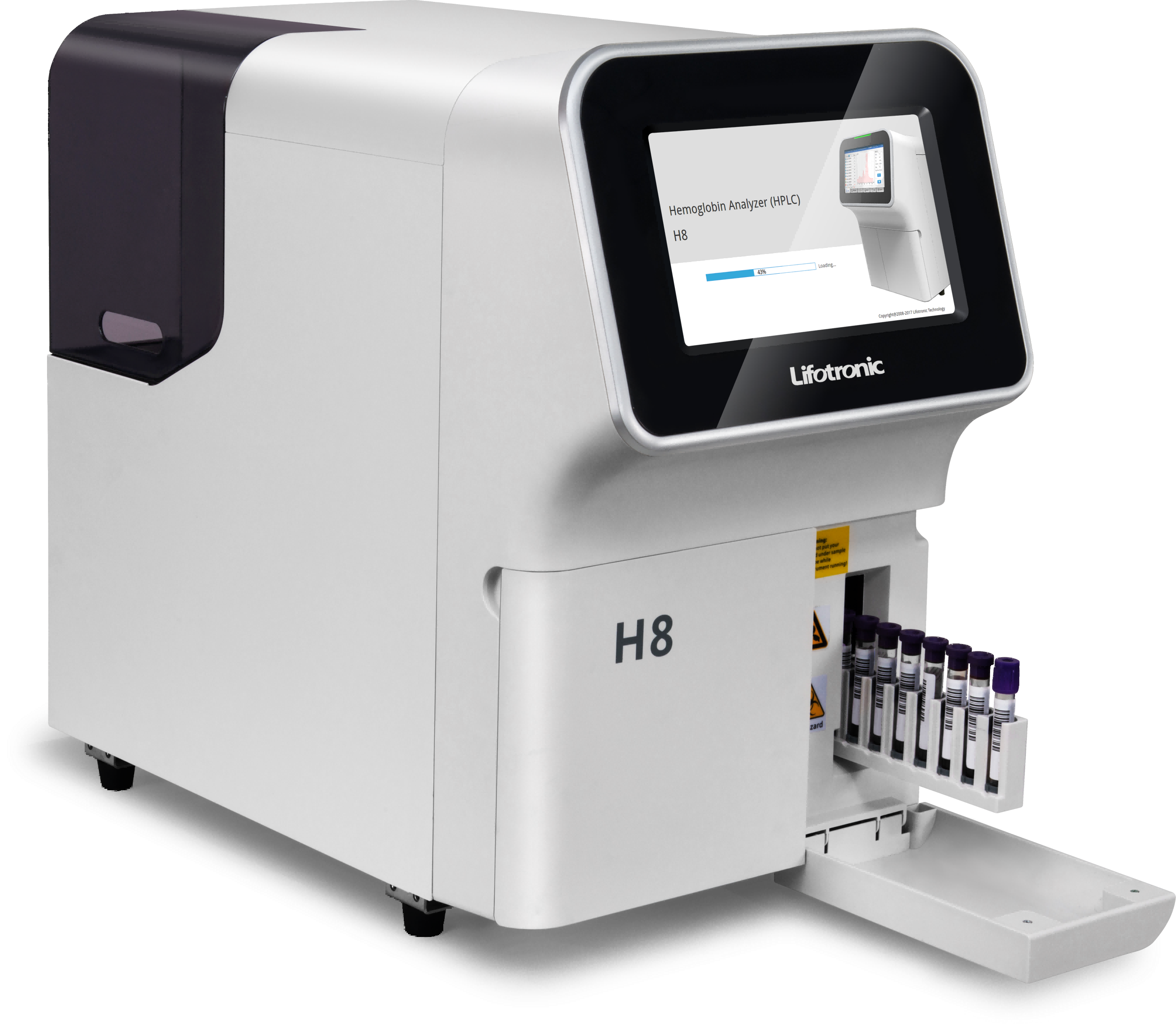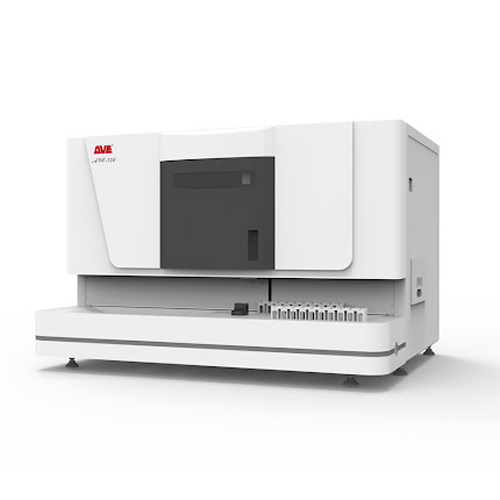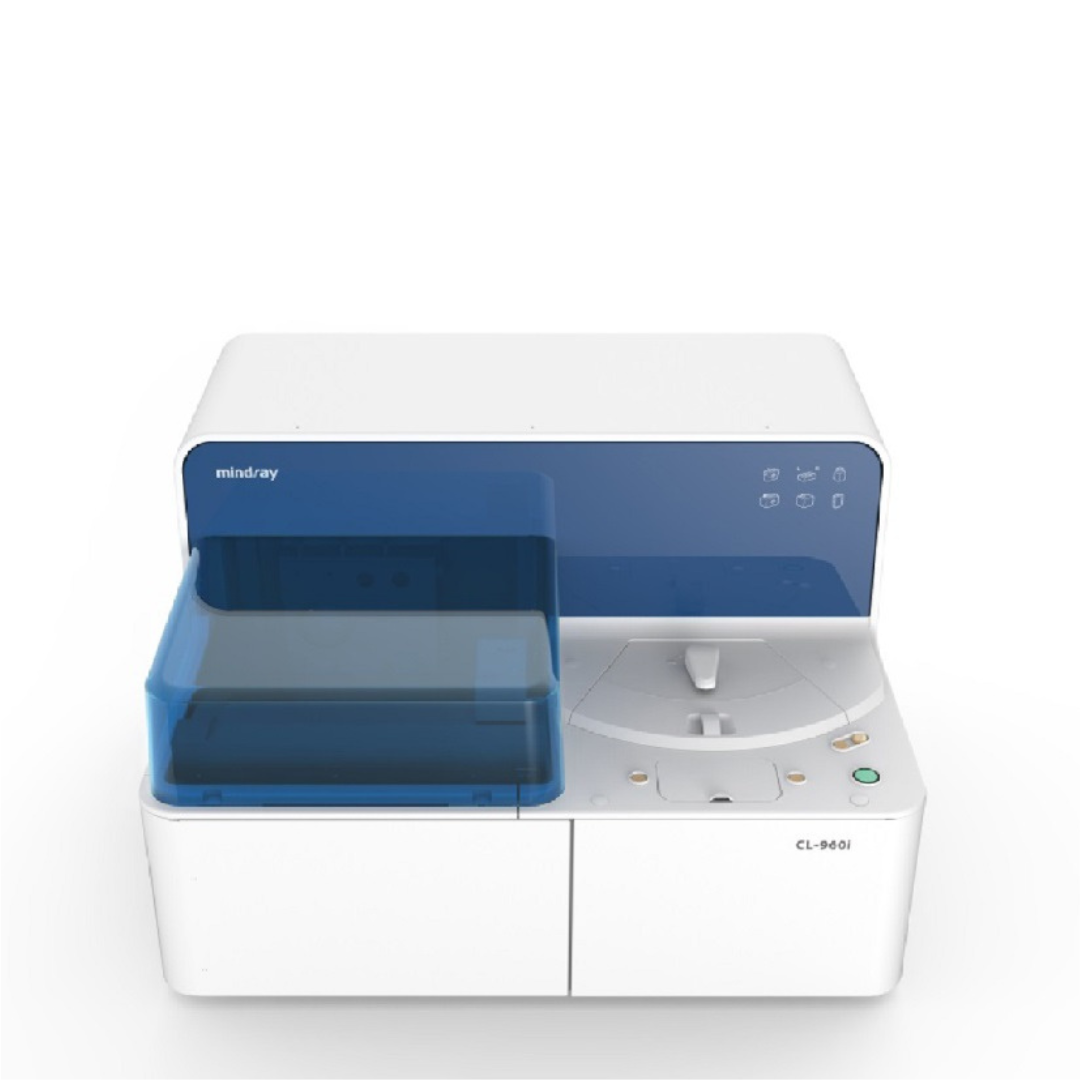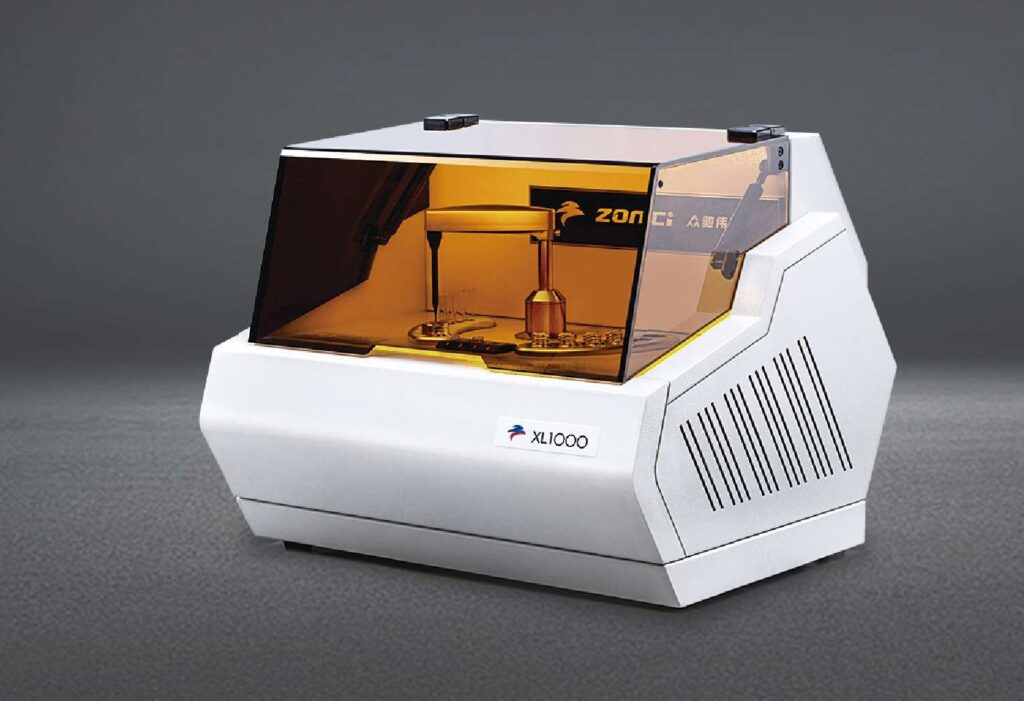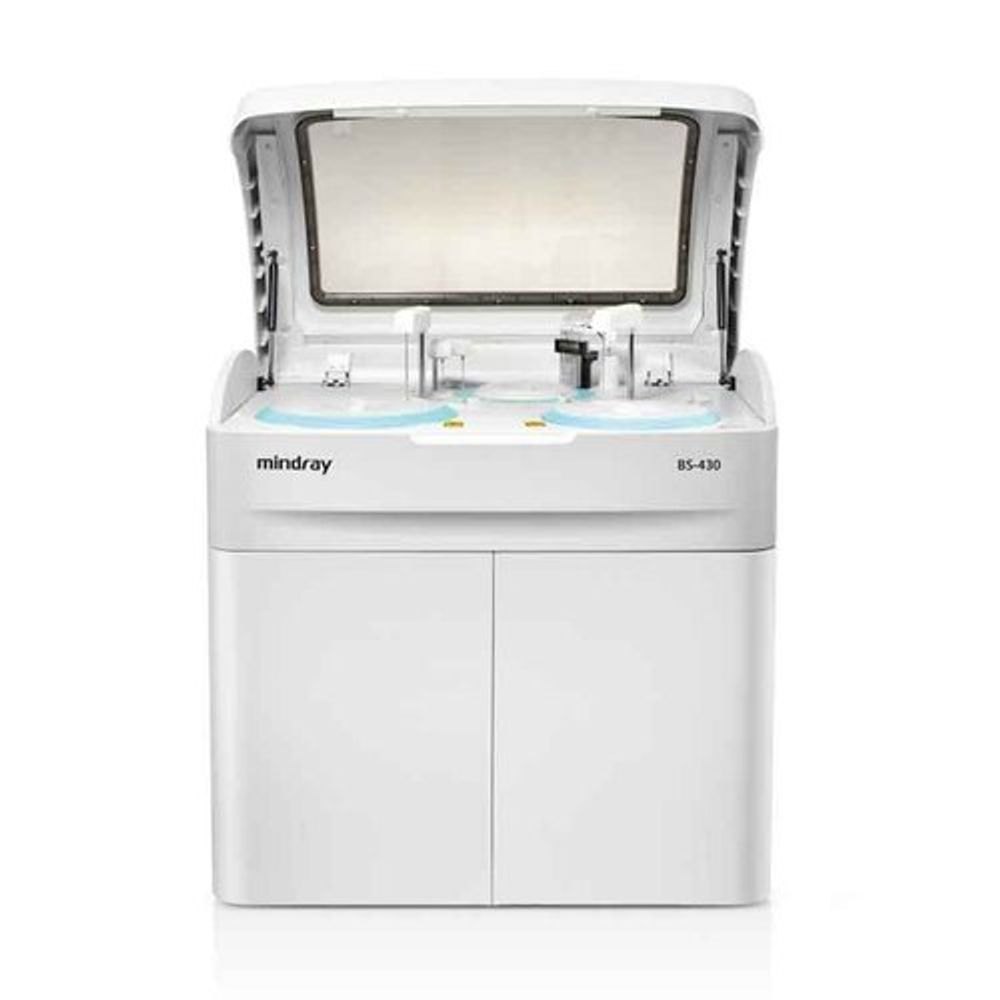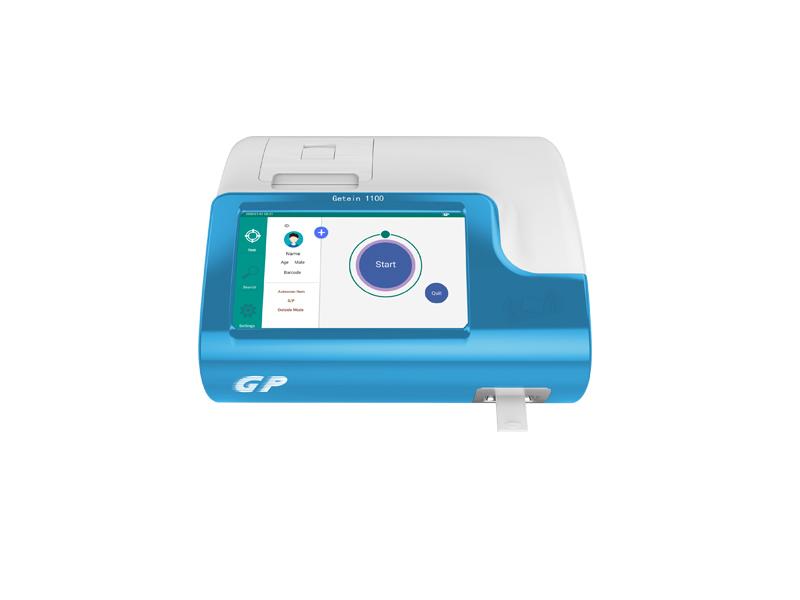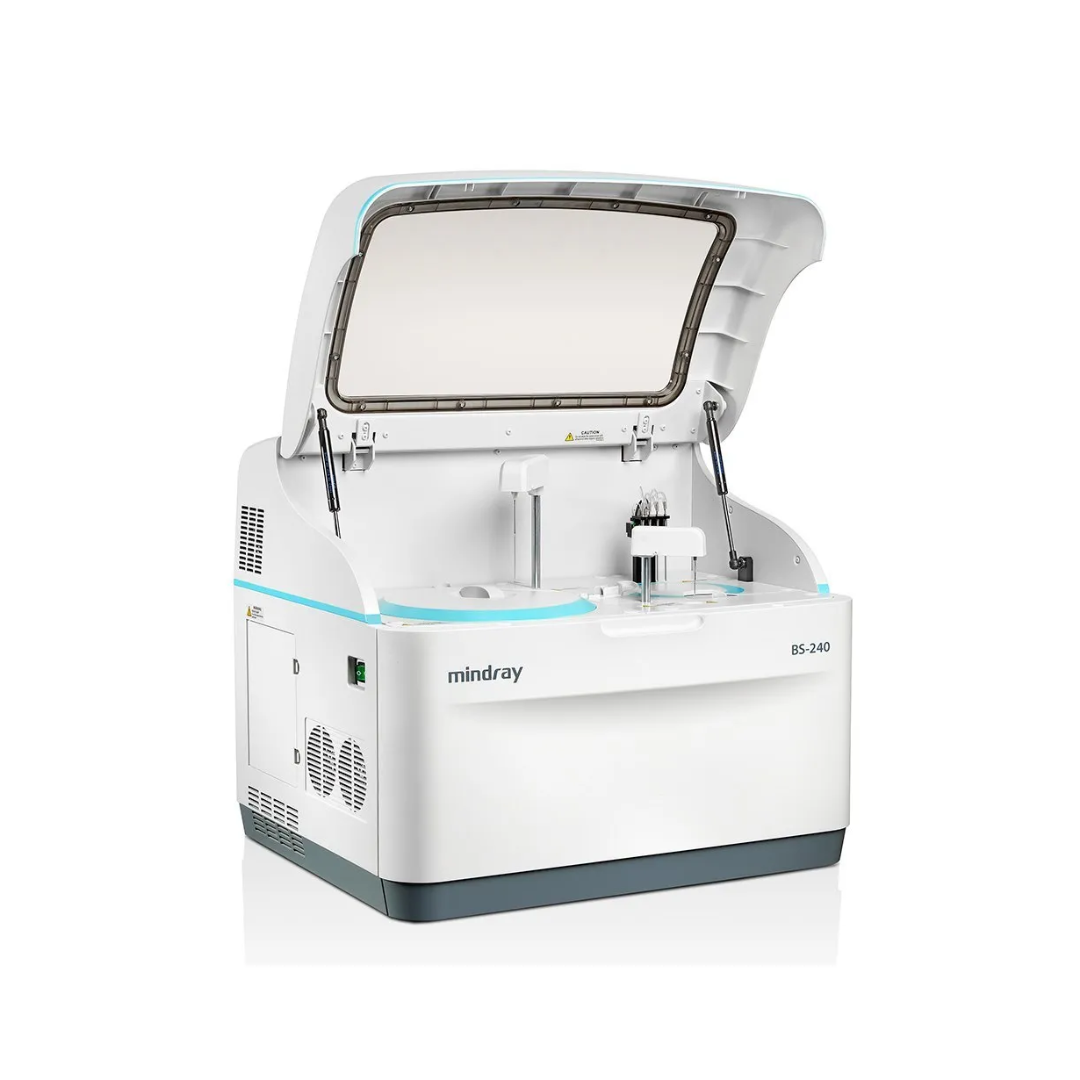Phone: +91-94444 06059
Email: admin@clinicalautomation.in
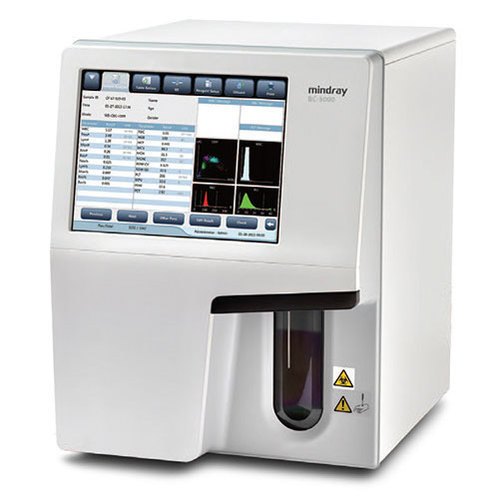
Understanding the BC 5130 Auto Hematology Analyzer and Tips for Efficient Use in Labs
In modern medical diagnostics and laboratory practices of 2023 the BC 5130 Auto Hematology Analyzer stands as pivotal lab equipment. This advanced technology plays a crucial role in analyzing blood samples and providing valuable insights into a patient's health. To harness its full potential and ensure accurate and efficient blood analysis, it's imperative to comprehend its workings and best practices for laboratory use.
This blog delves into the details of BC 5130 Auto Hematology Analyzer, shedding light on its features, benefits, and applications. Furthermore, it offers a comprehensive guide to utilizing this equipment efficiently within laboratory settings. From its role in diagnosing various medical conditions to optimizing its performance, we will explore all aspects of the BC 5130 Auto Hematology Analyzer. Whether you are a seasoned lab technician or a newcomer to the field, this blog aims to provide valuable insights for utilizing this critical tool effectively.
Understanding the BC 5130 Auto Hematology Analyzer
The BC 5130 Auto Hematology Analyzer is a state-of-the-art CBC (Complete Blood Count) machine that automates the process of blood analysis. It boasts features such as differential count analysis, abnormal pathological information and advanced data management capabilities. The analyzer operates on the principles of flow cytometry and impedance technology. Its key components include a sample loading system, a mixing and dilution module, a flow cytometry unit, and data analysis software. The BC 5130 provides rapid and precise results, making it an invaluable tool in clinical hematology.
BC 5130's Auto Hematology Analyzer Basic Features and Capabilities
The BC 5130 Auto Hematology Analyzer is a sophisticated instrument designed for complete blood counts (CBC) and more. It offers a wide range of features, including differential count analysis, abnormal pathological information and robust data management capabilities. This section will unravel the machine's essential features, showcasing how it takes blood analysis to a whole new level. here are some of the features:
* Complete Blood Count (CBC): Auto hematology analyzers are primarily used for performing CBC tests, which include measurements of various blood components, such as red blood cells, white blood cells, platelets, hemoglobin, hematocrit, and differentials (counts of different types of white blood cells).
* High Throughput: These analyzers are designed to process a high number of samples efficiently, making them suitable for use in clinical laboratories and hospitals with high testing volumes.
* Automation: Auto hematology analyzers automate the process of blood analysis, reducing the need for manual blood counting and processing. This helps minimize errors and increase efficiency.
* Multi-Parameter Analysis: These analyzers provide a wide range of hematological parameters, which can include red blood cell indices (MCV, MCH, MCHC), white blood cell differentials (neutrophils, lymphocytes, monocytes, eosinophils, basophils), platelet parameters, and more.
* Sample Mixing and Homogenization: They typically have mechanisms to ensure thorough mixing and homogenization of the blood sample to provide accurate results. Auto hematology analyzers often have built-in quality control features to monitor and maintain the accuracy and precision of test results.
Technology Behind BC 5130's Operation
At the core of the BC 5130's functionality lies an intricate interplay of flow cytometry and impedance technology. This section will delve into the nitty-gritty of these principles, explaining how they enable precise and rapid analysis of blood samples, and why they matter in the realm of clinical hematology.
The BC 5130 auto hematology analyzer is a complex medical device that employs advanced technologies to analyze blood samples and provide crucial hematological information. Here are the key technologies behind its operation:
* Flow Cytometry: Flow cytometry is a central technology in hematology analyzers. In BC 5130, it involves passing the blood sample through a narrow flow cell, where cells flow in a single file. Laser light is used to illuminate and analyze individual cells as they pass through. The technology measures light scattering and fluorescence to determine cell count, size, and various characteristics.
* Laser Light Source: BC 5130 Hematology analyzers use laser diodes to produce light for flow cytometry. Laser light is highly focused and provides precise measurements of cell properties.
* Electrical Impedance: For counting and sizing red and white blood cells and platelets, the analyzer may use electrical impedance. When cells pass through a narrow aperture, their electrical resistance is measured, which corresponds to their size and volume.
* Hemoglobinometry: Hemoglobin measurement is essential in a CBC. The BC 5130 often employs photometry or colorimetry to assess the concentration of hemoglobin in each red blood cell.
* Automated Sample Handling: The analyzer includes automated mechanisms for sample handling, ensuring the precise and consistent delivery of blood samples for analysis. This includes sample aspiration and transport through tubing systems.
* Data Processing and Analysis: A sophisticated computer system processes the data generated by flow cytometry, impedance measurements, and hemoglobinometry. Complex algorithms analyze the data and calculate hematological parameters, including red blood cell count, white blood cell differentials, hemoglobin level, and more.
* Quality Control Mechanisms: Hematology analyzers incorporate quality control features, including calibration standards and reference materials, to ensure the accuracy and reliability of results.
* User Interface: BC 5130 and similar analyzers have user-friendly interfaces for healthcare professionals to input patient data, start tests, and review results. They may also provide alerts for abnormal results.
* Data Storage and Integration: The analyzer often includes data storage capabilities for results and patient information. Many can integrate with electronic health record (EHR) systems, allowing seamless record-keeping
* Automated Maintenance: The BC 5130 typically has automated maintenance routines to ensure accurate and consistent performance, including regular cleaning and calibration procedures.
How BC 5130's Works
* Sample Collection: Blood is collected from the patient through a venous blood draw and capillary blood for neonates.
* Sample Preparation: The collected blood is mixed with reagents to prepare it for analysis.
* Cell Analysis: A flow cytometer passes the blood sample through a narrow flow cell, where it's analyzed using laser light. This determines the count and size of different blood cells.
* Parameter Calculation: The analyzer calculates essential blood parameters, such as red blood cell count, hemoglobin level, white blood cell differentials, and more.
* Reporting: The analyzer generates a report with the results, including flags for abnormal data, to assist healthcare professionals in diagnosing and managing medical conditions.
Benefits of Using BC 5130 for Blood Analysis for the LAB
* High Precision and Accuracy: Modern blood analyzers are designed to provide highly accurate and reliable results. They are crucial for diagnosing various medical conditions and monitoring patients' health
* Efficiency: In a clinical laboratory setting when time is of the essence, advanced blood analyzers like BC 5130 are crucial because they can process a large number of samples fast
* Small Sample Size: It requires only a small volume of blood, making it cost effective for regular QC protocols.
* User-Friendly Interface: A user-friendly interface and software of BC 5130 make it easier for laboratory to integrate with LIS and HMS.
* Quality Control: BC 5130 Blood analyzer often have built-in quality control features to ensure the accuracy and reliability of results.
* Data Management: BC 5130 blood analyzer is equipped with data management and connectivity features, allowing for the integration of test results into electronic health records and other information systems.
* Cost-effective: By eliminating the need to outsource tests and optimizing lab procedures, purchasing a high-quality blood analyzer can ultimately save money.
* Diagnostic Capabilities: BC 5130 serve as invaluable tools for identifying a wide spectrum of medical conditions, encompassing infections, anemia, and a range of hematological irregularities.
* Vital Patient Surveillance: Effective patient monitoring is indispensable for ensuring the delivery of appropriate care and tracking the evolution of diseases and the efficacy of treatments.
The meta description aims to encapsulate this by highlighting the instrument's significance in labs, focusing on functionalities and tips for optimal usage. It's intended to entice those seeking information about this specific analyzer and its efficient utilization.
Meanwhile, the synopsis delves deeper, offering an overview of what one can expect from the discussion: insights into the BC 5130 Auto Hematology Analyzer's features, along with guidance on its maintenance, calibration, and operational strategies. It hints at a comprehensive exploration covering various aspects crucial for maximizing efficiency in laboratory settings.
Conclusion
The BC 5130 Auto Hematology Analyzer is a revolutionary tool that elevates the efficiency and accuracy of blood analysis in healthcare. By understanding its features, embracing it in modern healthcare settings, and following tips for efficient use, laboratories can optimize their blood testing processes. The BC 5130 outperforms traditional analyzers in multiple aspects, making it an essential choice for healthcare professionals. In an era where timely and precise diagnoses can save lives, the BC 5130 is a beacon of hope for improved patient care and better healthcare outcomes. Choose the right hematology equipment, choose the BC 5130.
leave a reply
© 2024 Clinical Automation Services. All right reserverd.

